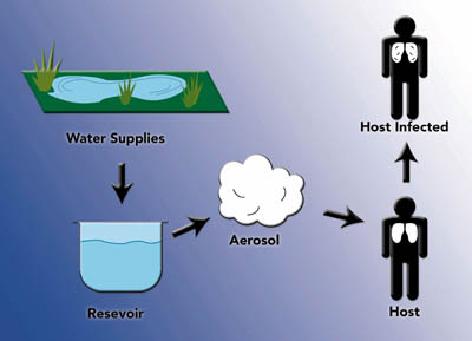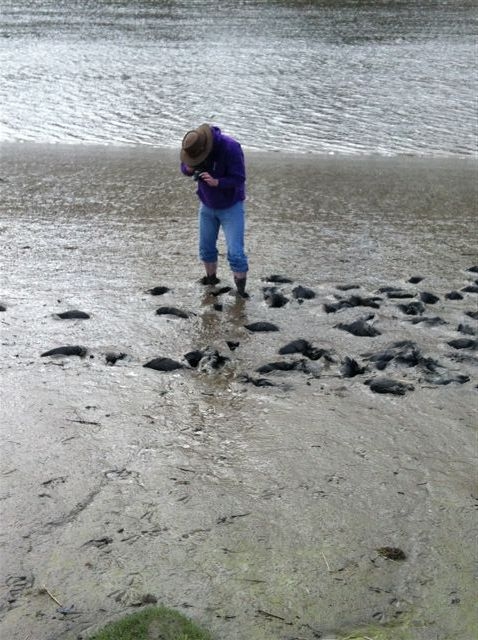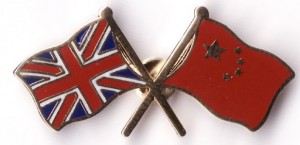 Arts Awards support imaginative and experimental arts projects that investigate biomedical science.
Arts Awards support imaginative and experimental arts projects that investigate biomedical science.
The scheme aims to:
- stimulate interest, excitement and debate about biomedical science through the arts
- examine the social, cultural and ethical contexts of biomedical science
- encourage new ways of thinking
- promote high-quality interdisciplinary practice and collaborations between arts, science and education practice
- support formal and informal learning.
The scheme is open to a wide range of people, including artists, scientists, curators, film makers, writers, producers, directors, academics, science communicators, teachers, arts workers and education officers.
Your project must involve the creation of new artistic work and have biomedical scientific input into the process, either through a scientist taking on an advisory role or through direct collaboration. This expert may be from an ethics, science or history background, but must be an expert in the area of biomedical science you are investigating.
If your proposed project has an artistic dimension but does not involve the creation of new work, then it may be more appropriate to apply for a People/Society Award.
You can apply for funding at two levels:
Small Arts Awards (small to medium-sized projects – up to and including £30 000)
Funding can support the development of new project ideas, deliver small productions or workshops, investigate and experiment with new methods of engagement through the arts, or develop new collaborative relationships between artists and scientists.
Large Arts Awards (larger projects – above £30 000)
This funding can support full or part production costs for high-quality large arts projects that aim to have significant impact on the public’s engagement with biomedical science.
Projects that are not eligible for Arts Award support include health promotion, education or campaign projects, arts projects for therapeutic purposes, straight documentaries, work that is purely illustrative, and projects dealing with non-biomedical sciences.
You should refer to the application guidelines, Grant Conditions and evaluation guidelines before completing your application.
Complete a full application form, via the Trust’s eGrants online application system (select the ‘Small Arts Awards’ form in the ‘Full application’ drop-down menu), and submit it at any time before the deadline of 27th July 2012. Funding decisions will be made approximately three months after the relevant deadline.
The RKE Operations team can help you with your application.
 The industrial partners of the European Technology Platforms (ETPs) are exploring how they can revamp ETPs to create a better fit with Horizon 2020.
The industrial partners of the European Technology Platforms (ETPs) are exploring how they can revamp ETPs to create a better fit with Horizon 2020.





















 REF Code of Practice consultation is open!
REF Code of Practice consultation is open! BU Leads AI-Driven Work Package in EU Horizon SUSHEAS Project
BU Leads AI-Driven Work Package in EU Horizon SUSHEAS Project Evidence Synthesis Centre open at Kathmandu University
Evidence Synthesis Centre open at Kathmandu University Expand Your Impact: Collaboration and Networking Workshops for Researchers
Expand Your Impact: Collaboration and Networking Workshops for Researchers Visiting Prof. Sujan Marahatta presenting at BU
Visiting Prof. Sujan Marahatta presenting at BU ECR Funding Open Call: Research Culture & Community Grant – Apply now
ECR Funding Open Call: Research Culture & Community Grant – Apply now ECR Funding Open Call: Research Culture & Community Grant – Application Deadline Friday 12 December
ECR Funding Open Call: Research Culture & Community Grant – Application Deadline Friday 12 December MSCA Postdoctoral Fellowships 2025 Call
MSCA Postdoctoral Fellowships 2025 Call ERC Advanced Grant 2025 Webinar
ERC Advanced Grant 2025 Webinar Update on UKRO services
Update on UKRO services European research project exploring use of ‘virtual twins’ to better manage metabolic associated fatty liver disease
European research project exploring use of ‘virtual twins’ to better manage metabolic associated fatty liver disease